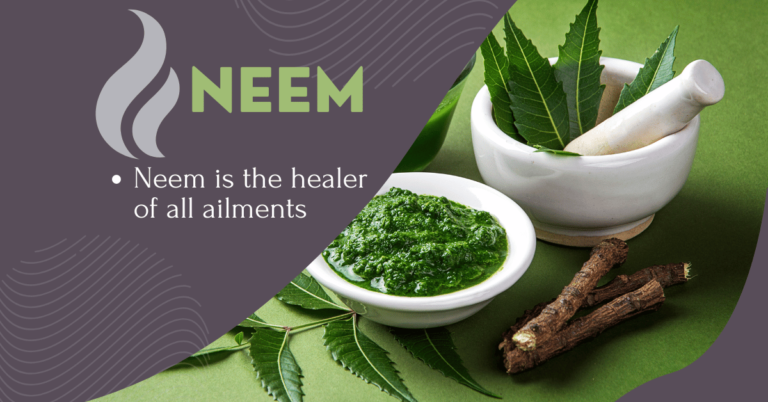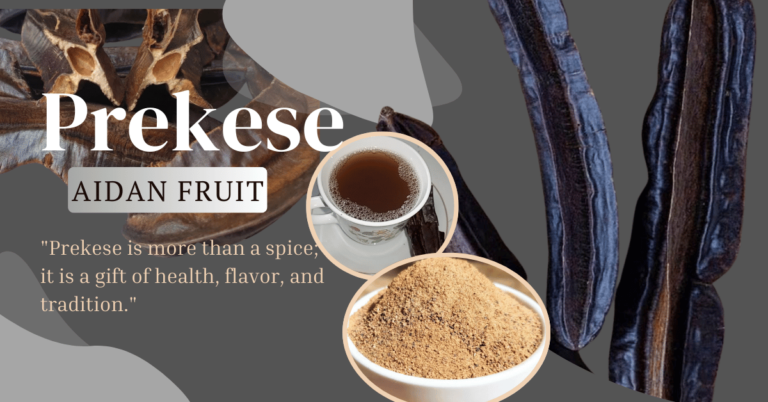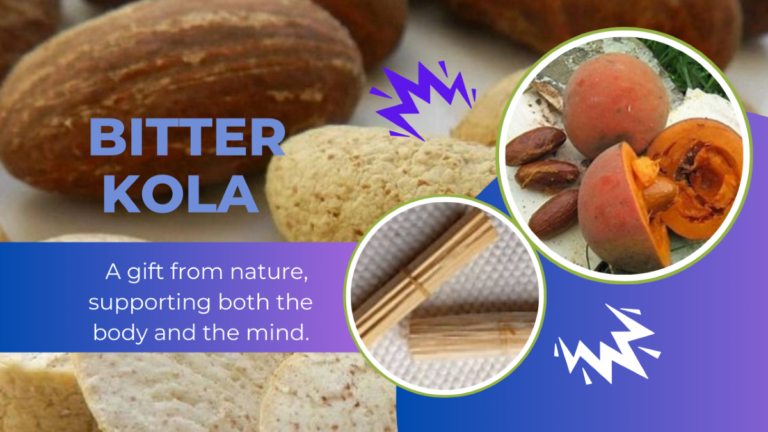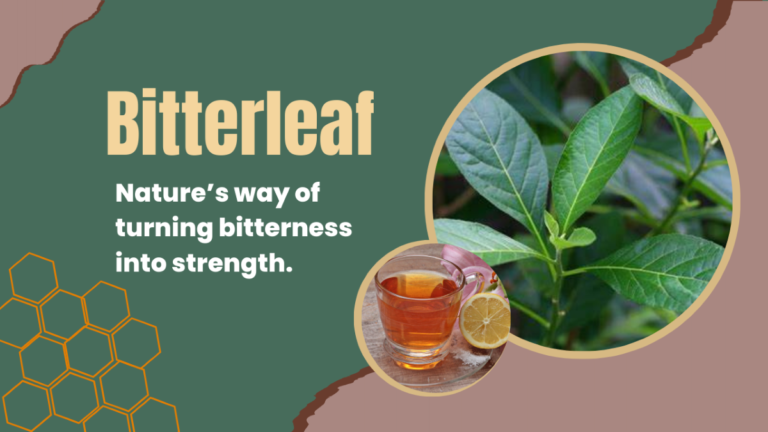Turkey Berry
Turkey berries are nature’s little gems, offering a wide array of health benefits and culinary uses
– Unknown
What is Turkey Berry?
Turkey berry is a little green, round fruit that grows in groups, each containing many tiny seeds. Despite its small size, it offers numerous nutritional and medicinal benefits, making it a valuable inclusion in our dietary choices. Commonly found in tropical regions of Asia, Africa, and Central America, it is trendy in Africa, especially Ghana.
In Uganda, it is called Katunkuma; in Rwanda, Ibitori; and in Burundi, Intori. Jamaicans refer to it as Susumba and particularly enjoy it cooked with codfish. In Ghana, it is known as Kwahu Nsusoa and is a staple ingredient in Kontomire Stew. Scientifically, it is called Solanum torvum.
Turkey Berry Seeds
When turkey berries are gathered, the seeds can be obtained by cutting and drying them open. Turkey berry seeds are a versatile and nutritious addition to your diet, offering numerous health benefits and culinary possibilities.
By adding these seeds to your meals, you can enjoy their rich nutritional profile and support your overall health and well-being, whether included in spice blends, smoothies, or baked goods, the seeds of the turkey berry are a valuable discovery that deserves to be explored.
Nutritional Values
Turkey berries are rich in essential nutrients, including:
- Minerals: These berries contain calcium and phosphorus, which are crucial for bone health and the repair and maintenance of cells and tissues.
- Antioxidants: The seeds and fruits are packed with antioxidants that help combat oxidative stress and reduce the risk of chronic diseases.
- Vitamins: They are a good source of vitamins A and C, which are important for maintaining healthy vision, skin, and immune function.
- Fiber: They have been used traditionally to treat digestive issues such as indigestion and constipation due to their fiber content.
- Iron: This helps prevent and treat anemia by promoting the production of red blood cells.
- Anti-inflammatory Properties: These can aid in reducing inflammation and alleviating conditions such as arthritis.
- Proteins and Amino Acids: These play a crucial role in the growth, repair, and maintenance of the body’s tissues, immune function, and the production of enzymes and hormones.
- Essential Fatty Acids: They are rich in essential fatty acids, which are crucial for maintaining healthy cell membranes and supporting brain function.
Culinary Uses
Various ways turkey berries can be used to prepare healthy and delicious meals include:
- Soups and Stews: Add turkey berries to soups and stews for an extra nutritional boost. Ghanaians boil the berries together with palm fruits to prepare palm-nut soup and with taro leaves to make taro leaves stew, locally known as Kontomire Stew.
- Stir-Fries: They can be stir-fried with other vegetables and spices for a nutritious dish. Jamaicans boil and sieve it, then sauté it with codfish, garlic, onions, and chili pepper for a delicious meal.
- Baked Goods: Use ground seeds in baking recipes such as bread, muffins, and cookies for an extra nutritional punch.
Natural Remedies with Turkey Berry
It’s wonderful to realize that some serious ailments can be treated with everyday products from our garden or local market, without spending a fortune. Let’s see how turkey berries can help out.
Turkey Berry Juice
This drink is effective for people suffering from anemia, particularly pregnant women who often have low blood levels.
Materials Needed:
- Turkey berries
- 1 Orange/Lime
- Water
- Salt
- Sieve
- Blender
Instructions:
- Get a bowl full of turkey berries.
- Wash the turkey berries thoroughly in a salt water solution, then rinse with fresh water.
- Blend the turkey berries well.
- Sieve the juice into a glass, filling as many glasses as the juice allows.
- Drink one glass in the morning and one in the evening after meals.
- You can refrigerate the rest.
- After drinking the juice, you can either eat the orange or dilute the lime in water and drink it. This helps add enough vitamin C for better absorption of the iron in turkey berries.
This simple juice has helped many people recover from blood loss without a blood transfusion.
Turkey Berry, Dandelion, and Bitter Leaf Juice
A special drink for people who feel weak and dizzy
Materials Needed:
- Turkey berries
- Dandelion
- Bitter leaf
- Salt
- Water
- Sieve
- Blender
Instructions:
- Get a bowl of turkey berries, a handful of dandelion, and a handful of bitter leaves.
- Wash them thoroughly in a salt water solution, then rinse with fresh water.
- Blend and sieve the juice into glasses, filling as many as the juice allows.
- Drink half a glass in the morning and evening after meals.
Rest assured, it will kick dizziness and weakness away.
Growing and Harvesting
If you’re considering adding it to your garden, it is important to know that turkey berry plants are resilient and adaptable, thriving in tropical and subtropical climates with warm temperatures. They prefer well-drained soil and full sunlight but can tolerate partial shade and poor soil conditions.
Regular watering is essential, especially during dry spells, though they become drought-tolerant once established. To grow your own, sow seeds in well-drained soil with ample sunlight, spacing them about 2 feet apart. Keep the soil moist but not waterlogged, and harvest the berries when ripe.
Conclusion:
Turkey berries, their seeds, and the Turkey Berry plant are versatile, nutritious, and resilient, offering significant health and culinary benefits. Adding turkey berries and their seeds into your diet can enhance your overall well-being with their rich nutritional profiles and unique flavors, whether used in spice blends, smoothies, or baked goods.
Additionally, growing your turkey berry plant can provide a valuable addition to your garden and diet, thanks to its culinary versatility and medicinal properties. As with any food, it is essential to consume it in moderation and consult a healthcare professional if you have any underlying health conditions.







